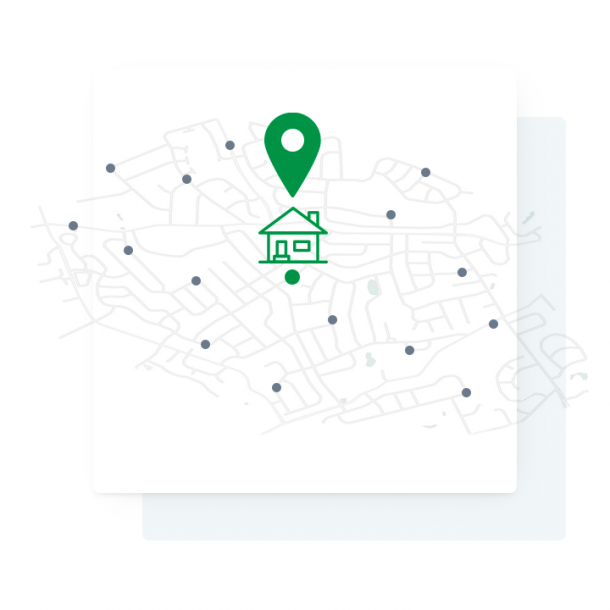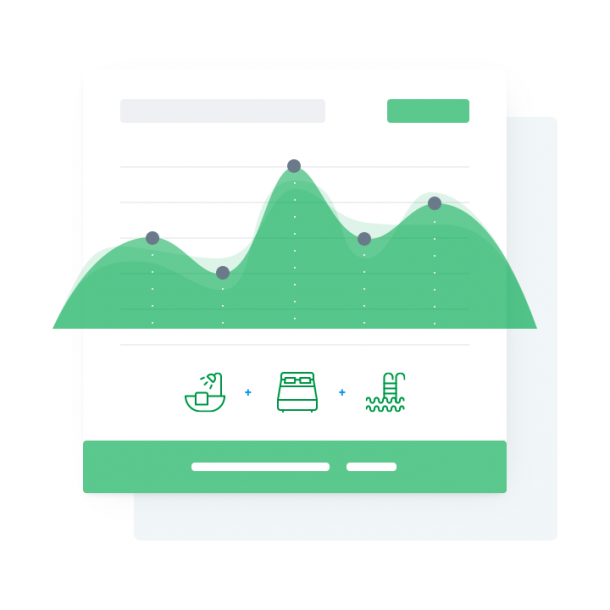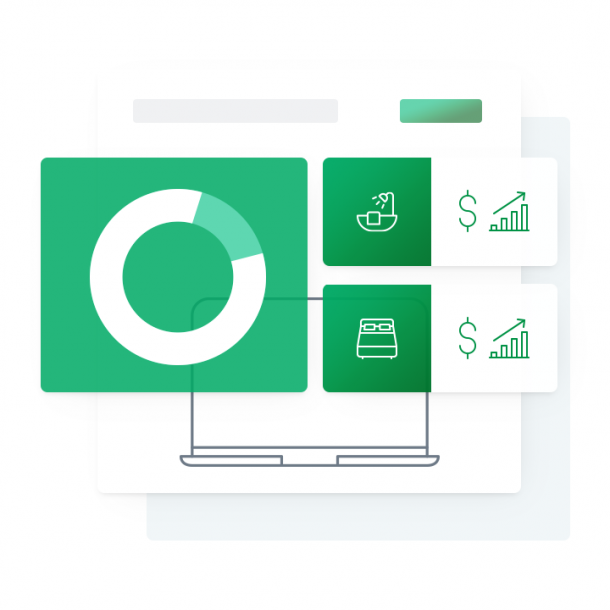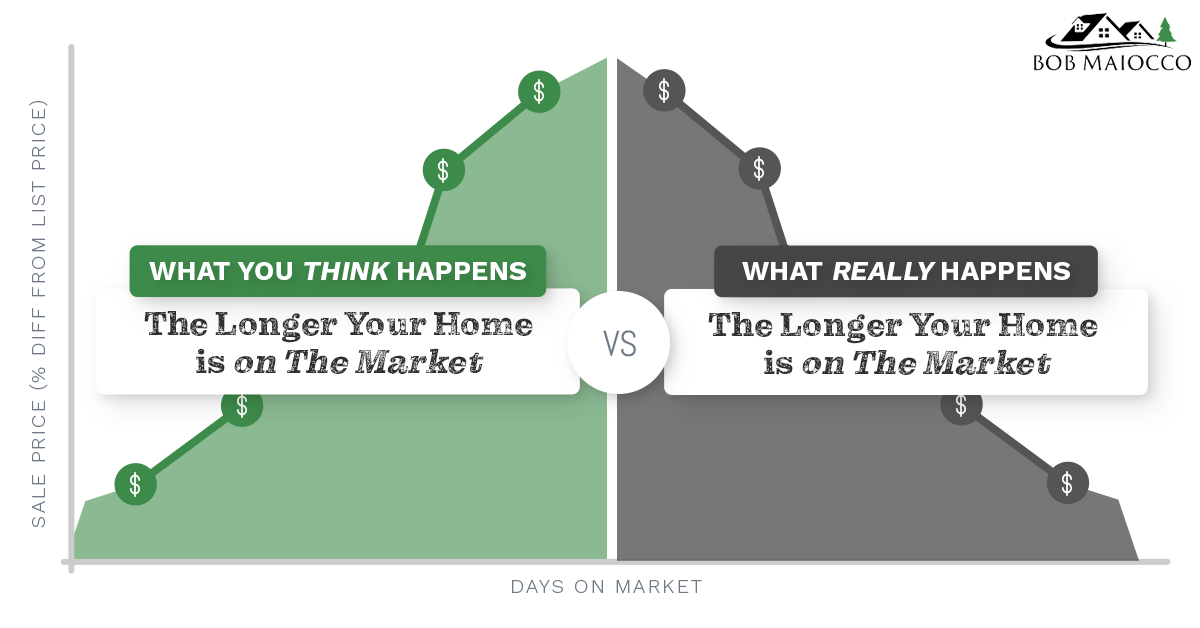Your report is being prepared by:
Bob Maiocco
"If I Could Give Bob Six Stars I Would."
Our goal is to send your report over within 24-48 hours. In the meantime, hear from our past sellers about their experiences.

The most important information I need is your address. Any additional details you share will help to tighten the range of my estimate. I'll also need the best contact information to send the report to.

I'll apply my specific knowledge of the current foothills market, along with your home's unique features, I'll calculate an estimated home value.

I'll send over your accurate home value report as soon as possible. Even if you're not planning on selling anytime soon, knowing the value can help you plan for the future.
I'm a human and have sold hundreds of homes in Evergreen, Conifer, Pine and Bailey so my home value reports are all researched thoroughly and made possible by my years of experience and local expertise.
Online estimates from Zillow, OpenDoor, Redfin, or any online home evaluator using an algorithm is not a valid replacement for a comparative market analysis from me!
"We encourage buyers, sellers, and homeowners to supplement Zillow's information by doing other research such as getting a comparative market analysis (CMA) from a real estate agent"
Unfortunately, estimates from these sites are often inaccurate. According to Zillow.com, their Zestimates are based on an algorithm that is pretty complicated to understand, even for us real estate agents. We understand the importance of comparing homes in the same area, but we also know how many other factors can increase/decrease that number that are not included in the "algorithm." Homes in Evergreen and Conifer are so unique that broad, uninspired value estimates aren't helpful.
That's the million dollar question (literally). Zillow actually had a contest awarding $1M to whoever can improve their algorithm. Here's an exact quote on how they explain their calculations.
"We use proprietary automated valuation models that apply advanced algorithms to analyze our data to identify relationships within a specific geographic area, between this home-related data and actual sales prices."
Confusing, right? I get it. Getting an "instant" home value is appealing. Not having to talk to someone is appealing, but there's a cost to that approach. Instant doesn't mean accurate. When something is as important as the value of your home, accuracy matters more. (plus I'm easy to talk to)
There are hundreds of factors that I take into consideration when estimating your home's value, and no two reports are the same. First, I take a look at your address and neighborhood. This allows me to see how much neighboring homes have sold for, the desirability of the neighborhood you live in, unique features of your home and the surrounding geographical area, and many more factors. After I have a good idea of what that looks like, I then go more in-depth with my research, including checking the condition of your home, taking into consideration any updates you've made that could make it worth more than your neighbor's. All of this is done by a human being (named Bob). None of my home value reports run on an algorithm, and this information isn't available to me or you at the push of a button.
If you’re like most people that I meet with, you think that the longer your home stays on the market, the more offers will come in, creating competition around your home, resulting in the highest offer possible.
It’s basically like an auction, right? Wrong. The longer your home stays on the market, the less likely it will sell for asking price (or above).
Why? Well, if you go to an auction, the bidding price is set, and offers go up as time goes on. But your home isn’t a rare piece of art. Amongst a sea of other homes for sale, yours will quickly become stale and buyers will wonder why it hasn’t sold yet.
According to a study by Zillow, homes that were on the market for about two months sold at 5% below asking price, and homes that were on the market for the longest amount of time (eleven months on average) sold at 12% below list price.

Meanwhile, the homes that ended up selling at or above listing price sold right away.
Having an accurate, and more importantly, realistic pricing strategy from the start is how your home will be sold for the most money and quickly. You don’t want to price your home too low and neither do we. But you also don’t want to let it sit on the market for too long.
"If I Could Give Bob Six Stars I Would."